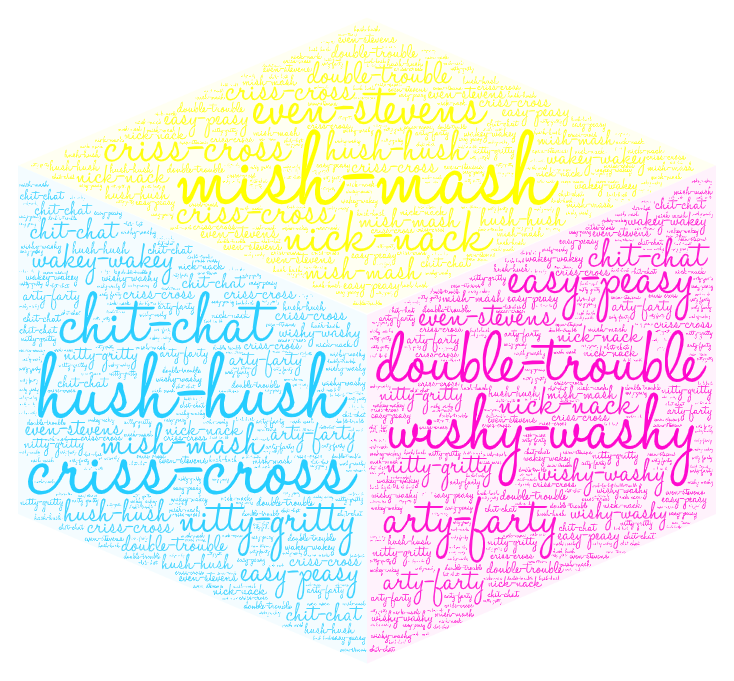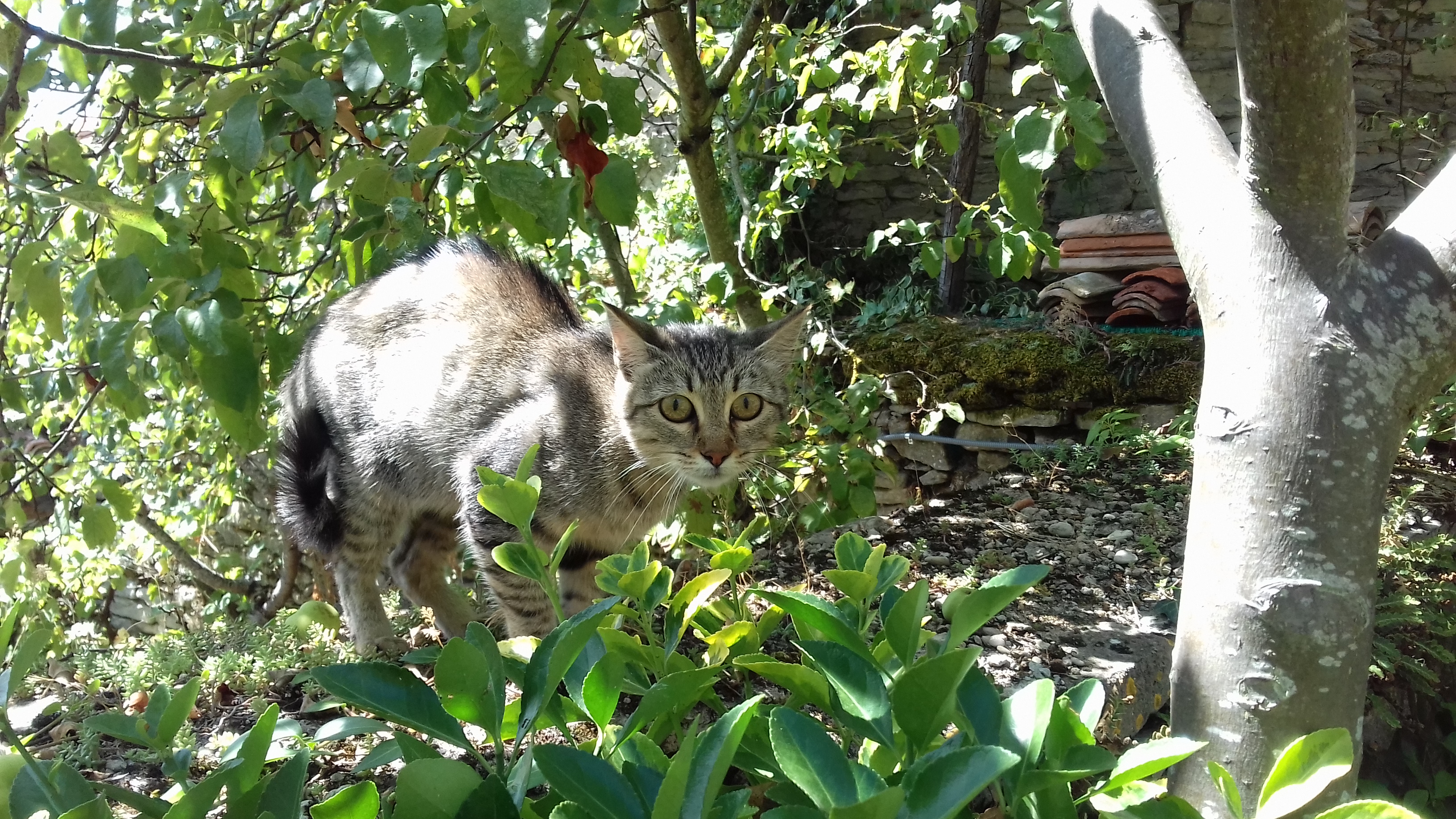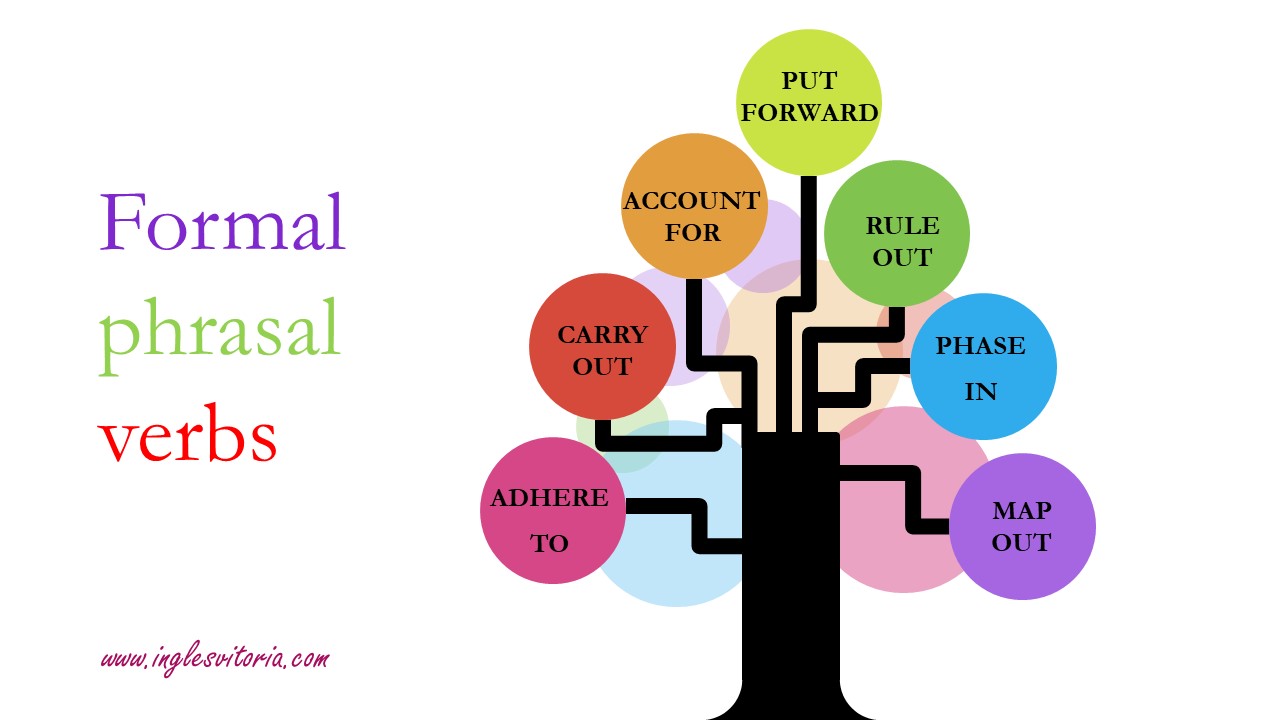 Following the latest developments in vaccines for Covid-19, this term has become commonplace in our conversations. Therefore, it seems the perfect time to learn how to use it in context. In other words, to learn some collocations or words that are used with it naturally.
Following the latest developments in vaccines for Covid-19, this term has become commonplace in our conversations. Therefore, it seems the perfect time to learn how to use it in context. In other words, to learn some collocations or words that are used with it naturally.
A vaccine can protect somebody against something (e.g. flu) or it can prevent something (e.g. a vaccine to prevent tuberculosis). Continue reading “Learning collocations: vaccine”


 When I first heard the word mish-mash, it was love at first sight.
When I first heard the word mish-mash, it was love at first sight.  In this global
In this global 



 There is a widely-held belief that phrasal verbs in English are informal and will be frowned upon in academic writing such as the essay, the formal letter, or the report tasks in the CAE.
There is a widely-held belief that phrasal verbs in English are informal and will be frowned upon in academic writing such as the essay, the formal letter, or the report tasks in the CAE.